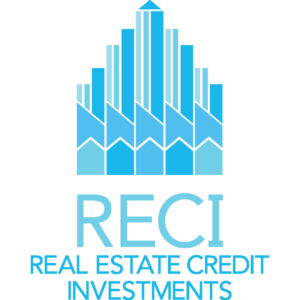Real estate investing: RECI prospers as robust portfolio grows
Property income fund, Real Estate Credit Investments Ltd (LON:RECI) published on 6 May 2022 its Investment Manager, Cheyne Capital’s Q4 Investor Presentation. Darren Turgel, MD of DirectorsTalk, caught up with Ravi Stickney, Managing Partner and CIO, Cheyne Capital Real Estate to discuss the highlights, the impact of the current interest rate environment and Cheyne’s real estate pipeline. … Continue reading Real estate investing: RECI prospers as robust portfolio grows
